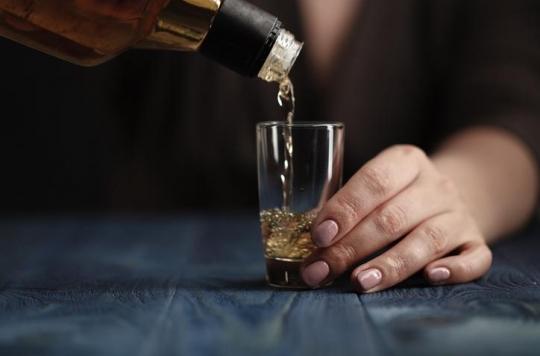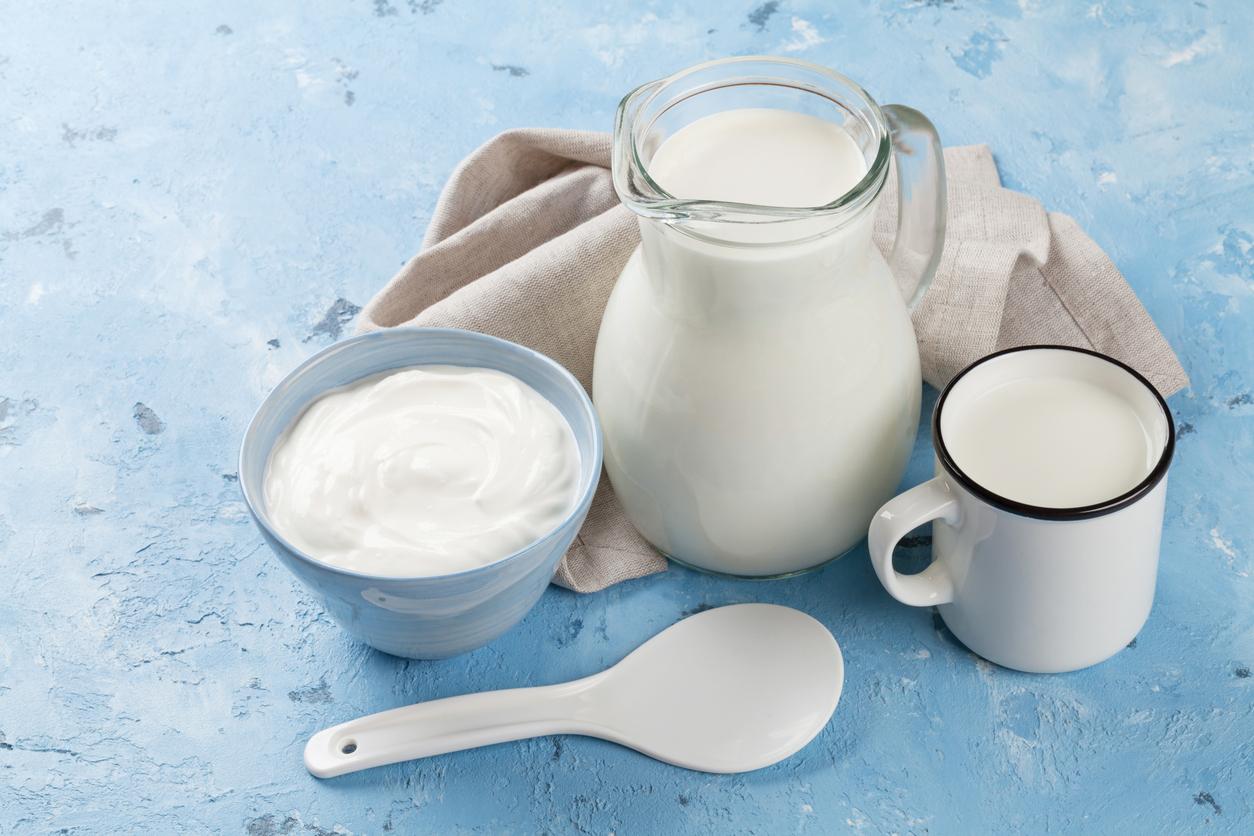In the face of their addiction to alcohol, men and women are far from equal. More fragile and more stigmatized, women generally drink alone and hide their addiction, which makes their care and withdrawal more complicated.

In France, it is estimated today that between 500 and 1 million the number of women dependent on alcohol. If this figure is so imprecise, it is because female alcoholism is generally less easily identifiable than that of men.
While men who drink are seen as “manly,” “good-natured,” and having “good descent,” women are seen as irresponsible mothers, light, foolish, fragile and selfish women.
The result is a very strong social self-control in alcoholic women, who do everything to ensure that their disease is not discovered and does not weigh on their social image, their family or professional life. They therefore prefer to drink alone and in secret, which delays their treatment and weaning.
Women and alcohol, a taboo
Laurence Cottet knows this cultural stigma, this shame that women alcoholics feel. This former senior manager in the construction industry was an alcoholic for 10 years. In a video signed Brut, she looks back on her years spent concealing her illness and the signs of withdrawal, or even finding schemes to drink, especially when she was at work.
“A typical day was to look at my work schedule and say to myself: ‘When am I going to be able to drink?'”, Says Laurence Cottet.
While no one in her personal or professional circle is aware of her illness, Laurence Cottet looks back on the day when her addiction was revealed. “On January 23, 2009, at half past twelve, I collapsed dead drunk at the vows ceremony at Vinci’s, where I was a senior manager. It’s violent. I’m going to stay on the ground for a long time, I’ll see a lot. people leave instead of coming to help me, I am alone. Finally, they will get me up, they will evacuate me, I will be alone with my problem in my office. And they will finally take care of me. “
Licensed, Laurence Cottet began therapy which helped her get out of her alcohol addiction. Now sober, she fights against the prejudices that affect people addicted to alcohol, especially women, and which interfere with their recovery.
“Female alcoholism is complicated. It is complicated above all by the image that returns the woman who drinks. It is not beautiful”, estimates Laurence Cottet. “If I tell my story with great sincerity and while remaining, I hope, modest, it is to prevent, especially young women. Tell them: ‘be careful, when you are alcoholic, you are prey, you are in danger. And you are also endangering the lives of other people if you drive a vehicle. “
How to spot alcoholism in a woman?
A true disease, alcohol dependence has been recognized as such by the World Health Organization (WHO) since 1978, but remains difficult to detect in certain cases.
If someone around you continually needs alcohol to relax, swallows greedily, in secret, or searches for situations where they have a chance to use it, this should alert you. If you see her unable to reduce her consumption, then the problem is. It happens that some people do not drink for a few days, but they abuse alcohol on weekends. Or, that they drink one or two aperitifs a day. On the surface, this consumption may seem trivial. But often, they would have a hard time going a day without their daily dose.
Also worry if a loved one neglects their work, activities, responsibilities or household chores because of alcohol. This is because the drink now occupies too important a place in his life. As time goes by, the alcohol consumption of an addicted person increases more and more. It must satisfy its organism which is used to it and which demands more and more. The frequency increases and harmless use precedes risky use. When the body cries out for alcohol, the addiction is installed.

.

















